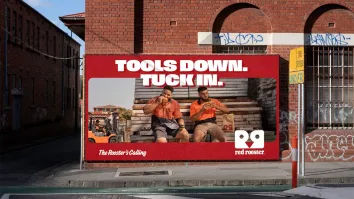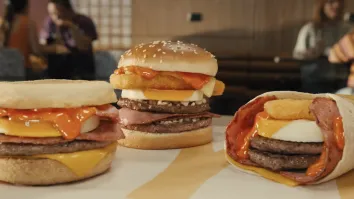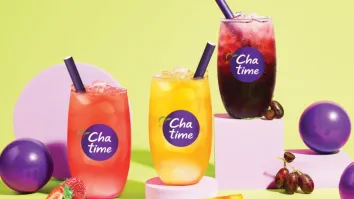
Top Trends for 2012
Innovation in the Fast Food Industry – Greening the Supply Chain
Grant Thornton’s survey of CEOs in the Australian food and beverage industry, ‘Food for Thought’, strongly suggests that product innovation is viewed as forming a significant role in driving the improvement in profitability. The need for innovation, particularly in small companies with fewer resources dedicated to research and development, is becoming increasingly important in a global competitive environment and is supported by Australia’s strong environmental safety conditions, including disease-free status, and regulatory framework.
A ‘holistic’ approach is strongly recommended to the green management of the whole supply chain to ensure the impact on the environment is kept to a minimum.
Where to start? The approach to becoming a more environmentally responsible business should commence with a review of the entire supply chain. The following are just some examples of process improvements by some industry leaders.
Reduced Energy Use
From our survey, 94% of CEOs expected per unit manufacturing costs to increase over the next two years. More environmentally friendly options may have the effect of reducing both costs and the impact on the environment. For example, McDonald’s have implemented Low Oil Volume (LOV) Fry Vats which use less oil and therefore less energy to heat the oil in all new and remodelled restaurants. Energy savings of 25 per cent have also been achieved from the use of a more efficient cooking grill which uses a reduced cooking platform.
When it comes to lighting, LED technology is now a prominent feature in dining rooms and corporate offices with car parks and external restaurant signage currently being trialled. A 50 to 70 per cent saving per sign is reportedly achievable. Lux level sensors attached to the dimmer system in McDonald’s restaurants have reportedly helped achieve a 29 per cent energy saving.
Recycling and Reduced Waste
The costs associated with the disposal of waste can be a significant expense to any business and must be managed efficiently to ensure costs and carbon emissions are minimised. In addition to recycling, again, a more ‘holistic’ approach is recommended. For example, Subway works with their suppliers to optimise how products are packaged to reduce waste streams. The removal of the paper interleaf between cheese slices alone has saved over 450,000 pounds of paper annually in the US.
In 2010, KFC introduced a new reusable polypropylene (PP) container and lid to replace foam containers for their side dishes. The new container is reported to require 25% less energy to produce and generates half as much greenhouse gases. This change won KFC the 2010 Greener Packaging Award in the Food and Pharmaceuticals category, along with the Coca-Cola Co.’s 30% plant-based PET bottle – ‘the PlantBottle’.
Other examples of initiatives that have been utilised by companies in the fast food industry include the strategic location of plants and distribution centres to significantly reduce transportation costs, fuel usage and carbon emissions. Rainwater tanks and time flow taps are examples of water saving initiatives that have also been utilised.
Please refer to Grant Thornton’s survey titled ‘Food for Thought’ for a more comprehensive sub-sector analysis. A copy of this survey can be obtained from:
https://www.grantthornton.com.au/files/food_for_thought_110915.pdf
To encourage companies to engage in research and development (‘R&D’), the Federal Government has introduced a ‘R&D Tax Incentive’ program (effective from 1 July 2011). The R&D Tax Incentive has two core components:
• A 45 per cent refundable tax offset (equivalent to a 150 per cent deduction) for eligible entities with a turnover of less than $20 million per annum, provided they are not controlled by income tax exempt entities
• A non-refundable 40 per cent tax offset (equivalent to 133 per cent deduction) for all other eligible entities. Unused non-refundable offset amounts may be able to be carried forward to future income years.
A total pool of $1.8 billion has been allocated by the government for the first year, 2011-2012, of the program. Most importantly though, the program is an entitlement and eligible applicants can be sure to receive a benefit as long as they qualify - it's not competitive.
With other Federal Grants and Funding, this is the time for the Australian Fast Food Industry to out-innovative its competition and remain at the forefront of this ‘fast’ changing industry.
Krish Patel, National Head - Indirect Tax
























